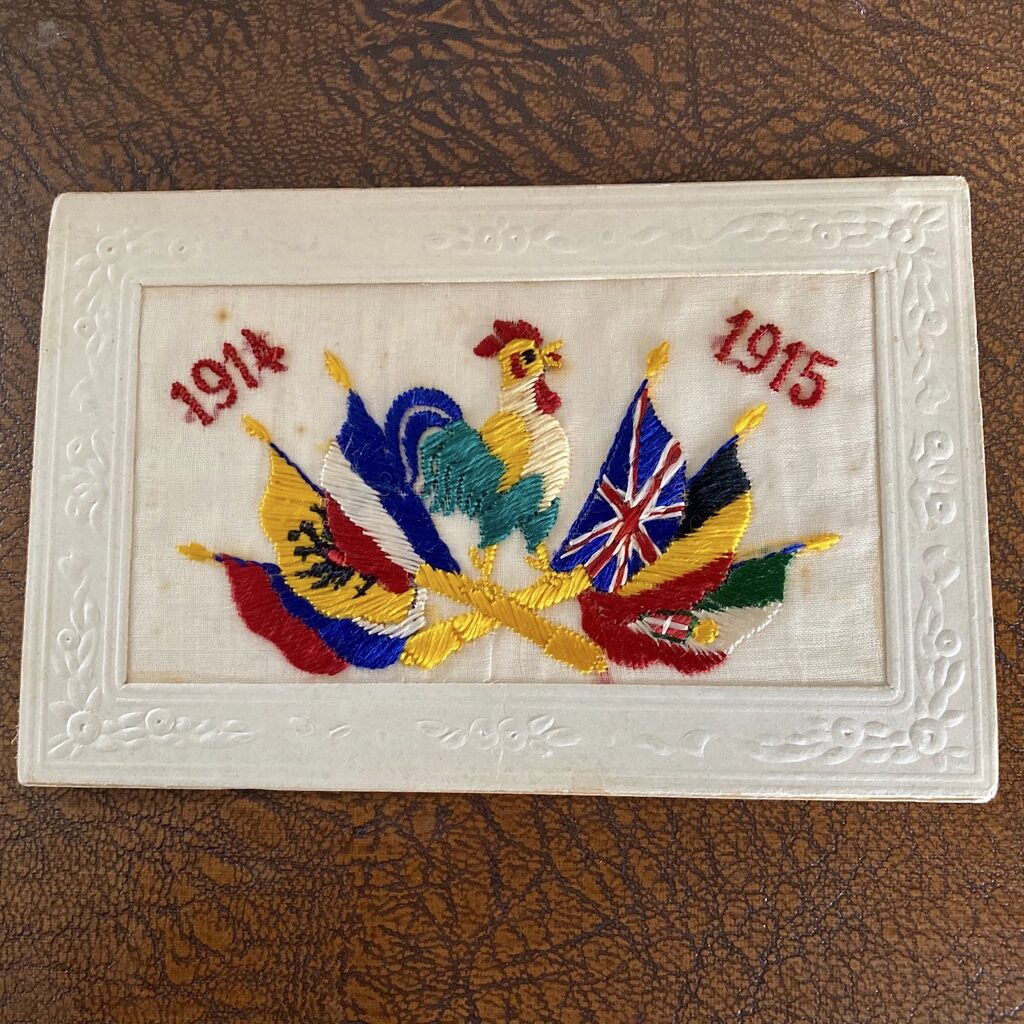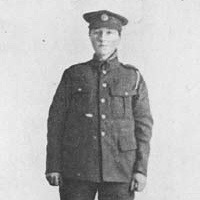Author’s note: This has to be one of the most intriguing, courageous and heart-breaking stories we have found
It’s 1914 and the world is at war. Like many young journalists throughout history Dorothy Lawrence is out and about looking for a scoop. Dorothy wants the story that will make her name and earn her respect. She’s had a few small pieces published in the Times and Nash’s Pall Mall Magazine, but nothing with her name on it and nothing that was seriously newsworthy. The men who run the publishing houses in Fleet Street might have women writing the cookery sections but there is no way they were going to allow women to report on serious matters. Dorothy watches with interest the activities of the suffragettes and their courage and determination to change life for women. It’s helping her to feel strong and giving her confidence. If they can do it, she can. It’s then she has a ‘light bulb’ moment and with plucky resolve she manages to persuade the editor of the Times newspaper to help her get a passport. She buys a bicycle and with her notebook and pencil in her pocket, she boards a boat for France. She’s excited at the thought of this risky adventure. She’s going to find out what’s really happening to the British troops fighting in the trenches on the Frontline! Little was she to know it would take over 100 years before her story was fully appreciated and acknowledged.
Dorothy Lawrence was born illegitimate in 1896 and brought up in London by her mother. Orphaned in 1909 she was sent to Salisbury to live with her appointed Church of England guardians at 31 The Close. Josephine Fitzgerald and her husband were fairly wealthy so Dorothy would have found life completely different. An education at one of the small private girl’s schools in Salisbury would have been a radical change. We know that whatever the difficulties Dorothy experienced at this time, Salisbury was important to her, as she would later refer to ‘that dear old Cathedral City’.


She cycled first to Paris, then to front line villages, securing a laissez-passe from French authorities. She met a number of soldiers who smuggled uniform parts to her, but it was Sapper Tommy Dunn who helped her reach the trenches. She spent 10 days under constant bombardment until her health began to suffer and she gave herself up so as not to get her helpers into trouble. She was interviewed by no fewer than six Generals. Once away from the front line she was housed in a convent until the High Command decided to ship her back to England after she signed a promise not to write about how she reached the front line.
In 1919 Dorothy wrote her own account of her time in France and as sapper Denis Smith under the title “Sapper Dorothy Lawrence the only English Woman Soldier Late Royal Engineers, 51st Division 179th Tunnelling Company BEF”. It was heavily redacted by the War Office and received little acclaim. It wasn’t until 2016 she was given true credit by the Wiltshire Heroine Project for her bravery and courage as the only English woman soldier in the Royal Engineers 51st Division 179th Tunnelling Co. She is also remembered as the only woman who reached the Front line in the First World War disguised as a man.
Her experiences had a traumatic impact on Dorothy and for the rest of her life she suffered with significant psychological difficulties. She also contracted some form of sepsis from contaminated water. She was committed to an asylum in north London, where, during her treatment, she claimed to have been abused by her guardian. She spent the rest of her life in the asylum and is buried in a pauper’s grave.
Dorothy died in 1964.
Sources:
Dorothy Lawrence (2010). Sapper Dorothy: The Only English Woman Solider in the Royal Engineers 51st Division, 179th Tunnelling Co. During the First World War. Leonaur Press.
Lizzie Crarer (2016) Lizzie Crarer talks about remembering and honouring Dorothy Lawrence through the production, ‘Over The Top’. Wiltshire at War Community Stories. http://www.wiltshireatwar.org.uk/news/lizzie-crarer-talks-about-remembering-and-honouring-dorothy-lawrence-through-the-production-over-the-top/
Disability Arts Online (2013) Julie McNamara, Artistic Director of Vital Xposure talks about their touring production The Knitting Circle. http://www.disabilityartsonline.org.uk/julie-mcnamara-knitting-circle-interview

